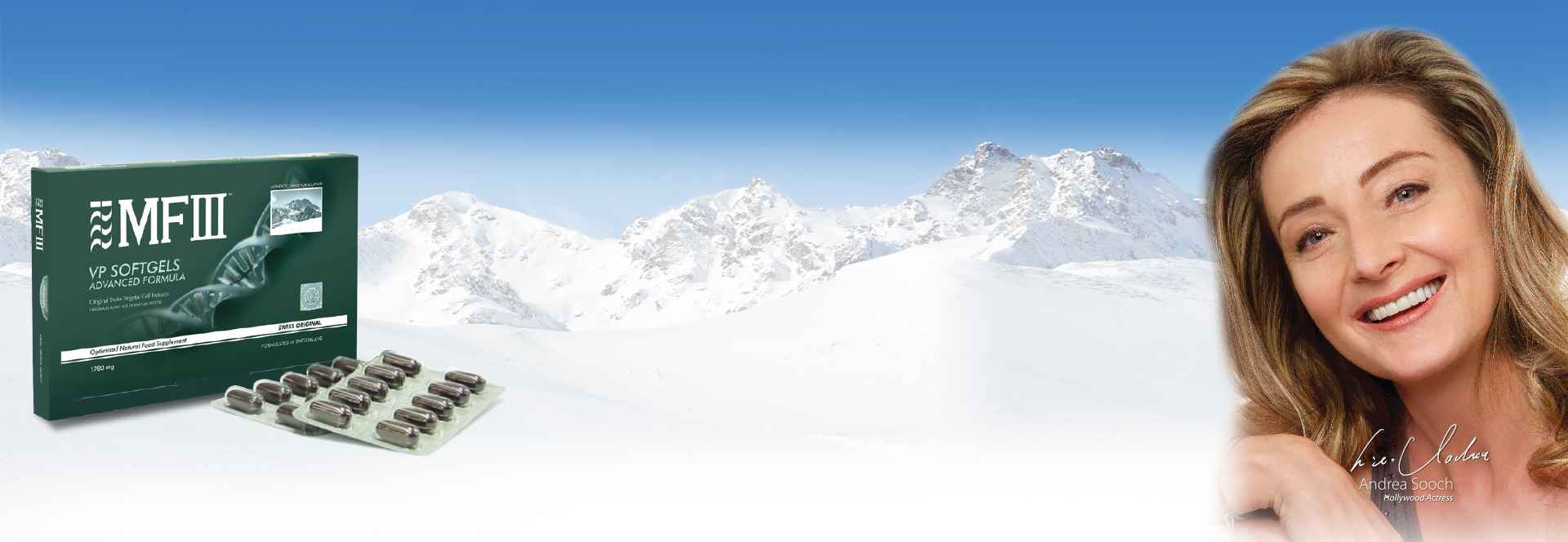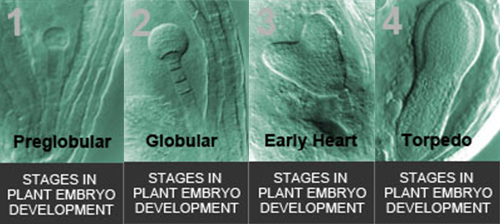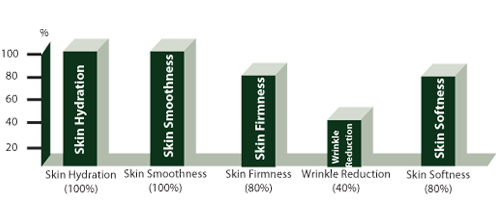As an integral part of cell membranes, Phosphatidylcholine is essential for the cellular structural and functional integrity. Extracted from special soy-beans Non-GMO (Non-Genetically Modified Organisms), PPC (polyenylphosphatidyicholine) has been shown to enhance cell membrane function throughout the human body.
In fact in many European countries, PPC is approved for chronic liver disorders . It is also being investigated for the management of hepatitis C.
PPC’s beneficial effect is believed to be based on its unique ability to be incorporated into normal and damaged cell membranes. PPC, is a polyunsaturated phosphatidylcholine that incorporates into the membranes of liver cells as a substitute for saturated phosphatidylcholine. This substitution results in an increase in membrane fluidity and transport activity across the membrane. Similarly, PPC is incorporated into blood lipoproteins, leading to lipid-lowering properties.





